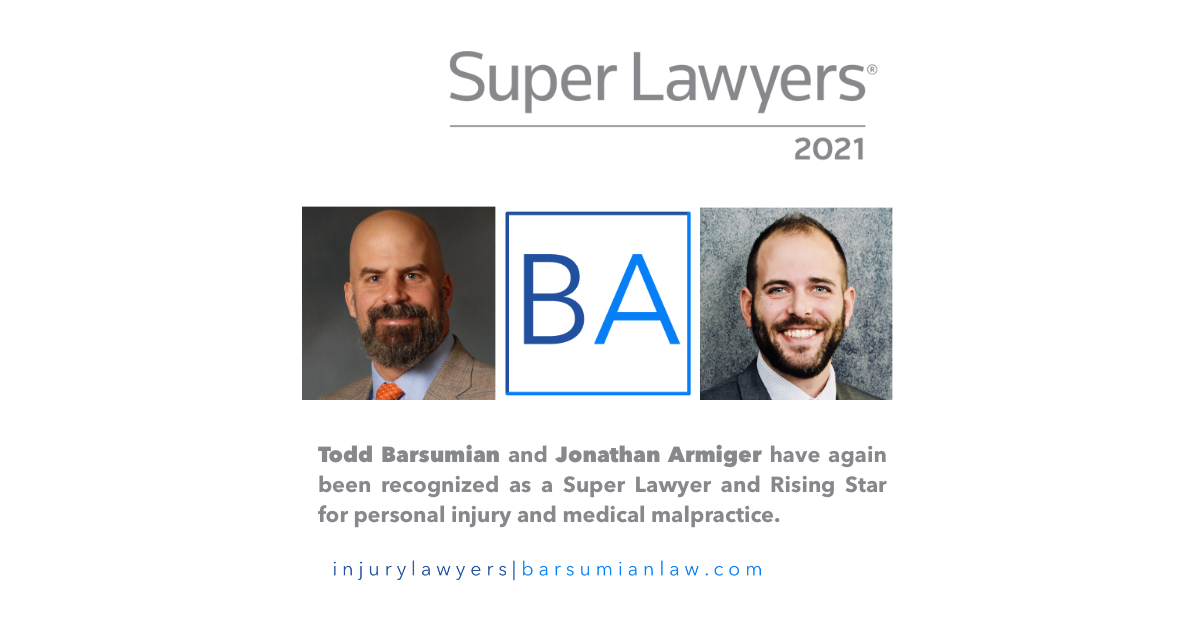The Indiana Court of Appeals recently found against Amazon in two related cases, one involving personal injury and one involving wrongful death, finding Amazon owed a duty of care to two truck drivers injured on an abutting public road while attempting to deliver goods to one of Amazon’s fulfillment centers. In Oukbu v. Amazon, Mahari…
Continue reading ›Your Future
Your Firm















